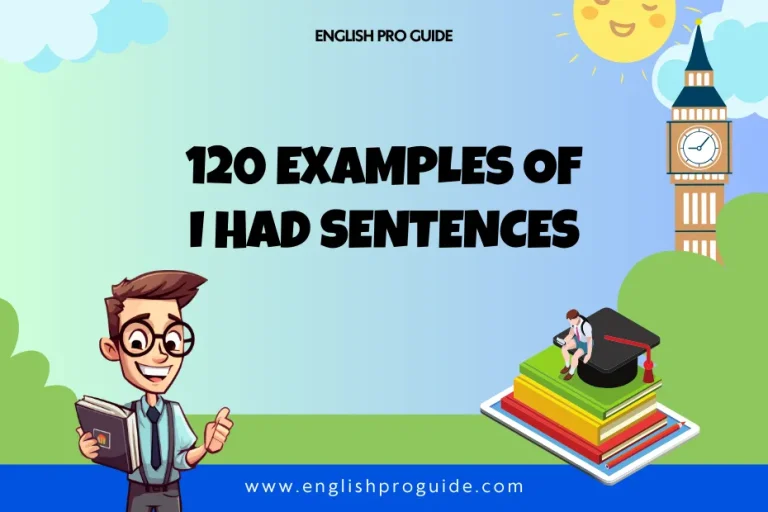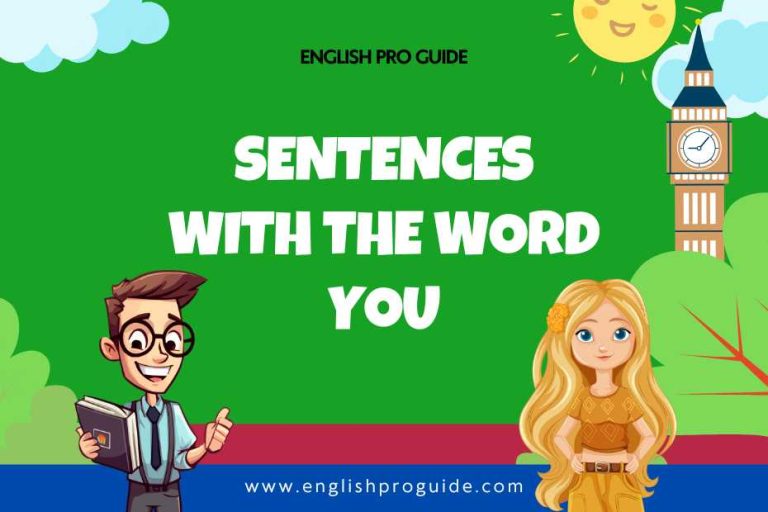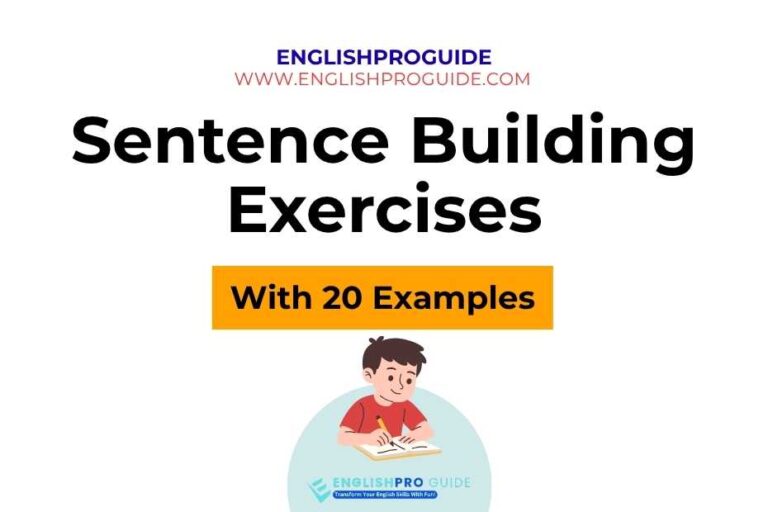5 Ways to Expand Your English Vocabulary for Better Writing
A strong vocabulary is the foundation of good writing. Whether you’re writing an essay, crafting a story, or sending an email, having the right words helps you communicate clearly and confidently.
But how can you expand your vocabulary, especially if English isn’t your first language?
Don’t worry! Here are five practical and fun strategies to help you improve your word bank and take your writing to the next level.

1. Read Widely and Consistently
One of the best ways to grow your vocabulary is by reading—all kinds of things! Books, articles, blogs, and even subtitles on movies can introduce you to new words and phrases. Make reading a daily habit, and mix up your materials to expose yourself to different writing styles.

For example:
- Novels will enhance your creative expressions.
- News articles teach precise and professional language.
- Poetry or essays can introduce you to descriptive and artistic writing.
Action Tip: Keep a notebook or use your phone to jot down unfamiliar words you come across. Look them up later, and try using them in a sentence to reinforce your memory.
2. Use Vocabulary Apps
Thanks to technology, learning new words has never been easier. Vocabulary apps turn expanding your knowledge into a fun and interactive experience. These apps often include games, quizzes, and spaced repetition techniques to help new words stick.
Popular Apps to Try:
- Duolingo: A fun app to learn new languages and strengthen English vocabulary.
- WordUp: Focuses on teaching the most useful English words with real-world examples.
- Quizlet: Create your own flashcards or use existing decks to practice.
Action Tip: Dedicate 10-15 minutes a day to practicing vocabulary through apps. Set a goal to learn 5–10 new words daily and test yourself regularly!
3. Write, Write, Write!

Writing isn’t just a way to use your current vocabulary; it’s also a powerful tool to learn new words. When you write, you actively look for words to express your ideas, which pushes you to explore and remember them.
How to Practice:
- Start a journal and write about your day. Challenge yourself to use at least one new word every day.
- Write short stories, essays, or even emails. Whenever you struggle to find the right word, look it up!
- Edit your writing. Go back and replace common, overused words like “good” or “nice” with more precise alternatives like “exceptional” or “charming.”
Action Tip: Use a thesaurus (like the one built into many writing tools) to discover synonyms and expand your word choices.
4. Play Word Games
Learning doesn’t have to feel like work! Word games are a fun and engaging way to practice vocabulary without even realizing it.
Games to Try:
- Scrabble or Words With Friends: Stretch your knowledge by forming creative words.
- Crossword Puzzles: Boost your vocabulary, logic, and spelling skills.
- Wordscapes: A relaxing app where you form words from scrambled letters.
Action Tip: Make game night educational—invite friends or family to join, and challenge each other to create the longest or most complex words!
5. Learn in Context
Memorizing lists of words is not enough—you need to understand how to use them correctly. Learning words in context (by seeing them used in sentences) helps you grasp their meanings, connotations, and appropriate usage.
How to Learn in Context:
- Look for sample sentences in dictionaries (e.g., Oxford or Merriam-Webster).
- Watch TV shows, movies, or YouTube videos in English. Pay attention to how words are used in conversations.
- Try reading bilingual subtitles. This can help you directly connect meanings between English and your native language.
Action Tip: After learning a new word, challenge yourself to use it in different contexts throughout the day. For example, practice it in casual conversations or written messages to reinforce your memory.
Read More: Learn English with Subtitled Movies | Tips & Top Picks
Bonus Tip: Be Patient with Yourself
Language learning is a marathon, not a sprint. Expanding your vocabulary takes time and consistent effort, so don’t feel discouraged if you don’t see instant results. Celebrate small wins, like successfully using a new word in context, and enjoy the process.
Remember, every new word you learn brings you closer to becoming a stronger, more confident writer. Stick with these strategies, and you’ll be amazed at how much your vocabulary—and your writing—will improve over time!
Which of these tips will you try first? Feel free to explore them all and find what works best for you. Happy learning and writing!






